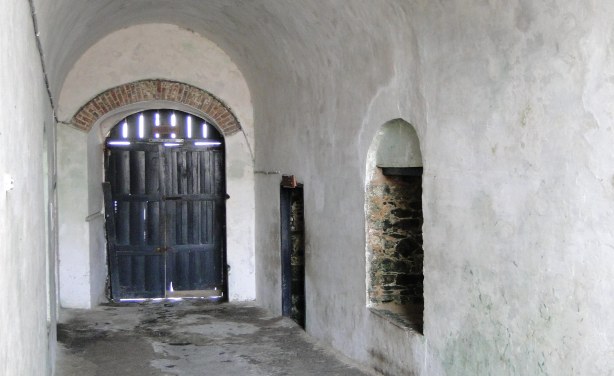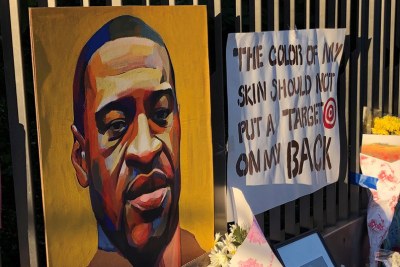-
Africa: Why the West Is Morally Bound to Offer Reparations for Slavery
The Conversation Africa, 25 January 2021
The 20th anniversary of the UN World Conference on Racism, held in Durban, South Africa, in 2001, will be celebrated this August. There was much discussion at the conference about… Read more »
-
Africa: How African Body Markings Were Used to Construct the Idea of Race in Colonial Brazil
The Conversation Africa, 21 January 2021
In the 1700s, the gold rush in southeast Brazil created a high demand for mining labour. The Minas Gerais region became one of the main destinations for African slaves. For the… Read more »
-
Africa: To Honour Slave Trade Victims, a Memorial in the Depths of the Atlantic
Thomson Reuters Foundation, 20 November 2020
A virtual memorial to victims of the slave trade could be created along ribbons of deep seabed in the Atlantic Ocean Read more »
-
Africa: Black Lives Matter but Slavery Isn't Our Only Narrative
The Conversation Africa, 13 September 2020
Our historical understanding of Blackness is most commonly shaped by the story of the Atlantic slave trade - the forced movement of Africans to the West, in particular to the… Read more »
-
Senegal: Former African Slave Trade Center Renamed in Memory of George Floyd
VOA, 8 July 2020
A small island off the coast of Africa known for its role in the slave trade has changed the name of its main square in response to the death of George Floyd and the global Black… Read more »
-
Africa: Descendants of Enslaved Nigerians Hope Race Protests Will Help End Discrimination
Thomson Reuters Foundation, 30 June 2020
When Barack Obama was elected the first Black U.S. president in 2008, Anthony Uzoije noticed less contempt towards descendants of slaves like him in his south-eastern Nigeria… Read more »
Why the West Is Morally Bound to Offer Reparations for Slavery
A 2005 United Nations document discusses different aspects of reparations, including apologies for past harms, the right to know the truth, and financial compensation. Over the past 15 years (following the 2005 UN report) there has been no progress on these issues, not even over the issuing of an apology, writes Rhoda E. Howard-Hassmann for The Conversation.
At the 2001 conference a Dutch representative spoke of his government's "deep remorse" for the slave trade and enslavement. In 2006, British Prime Minister Tony Blair issued a statement expressing "sorrow" for the slave trade, but not apologising.
One way to identify the responsibilities of former slave-trading Western states might be through a truth commission on the slave trade. Critics might argue that such a truth commission should discuss all actors in African enslavement. About 14 million people were taken from Africa in the trans-Atlantic slave trade, but another 10 million were taken in the Arab trade.
One problem in the discussion of financial reparations for the trans-Atlantic slave trade is which former slave trading and slave-holding nations might owe financial reparations to Africa. Western critics might still ask why they should pay reparations to Africa; western countries willing to pay reparations could finance specific projects connected to the slave trade. They could donate funds to maintain African museums and historic sites of the trade. They could also fund educational programmes to study the trans-Atlantic trade, or fund a truth commission on the slave trade.
InFocus
-
On a cold day in 2014, hundreds of people gathered at the Historic Sotterley Plantation https://www.sotterley.org/ to commemorate the landing of the ship Generous Jenny on ... Read more »
-
The municipal council of the the island of Goree off the coast of West Africa known for its role in the slave trade has changed the name of its main square in response to the death ... Read more »
-
Reflecting the legacy of the slave trade and colonialism, the African continent and Black people around the world are disproportionately located at the bottom of a global system ... Read more »

Cape Coast Castle's infamous "Door of No Return", where 200 years ago thousands of African slaves were sent to colonies in North America under brutal conditions (file photo).






